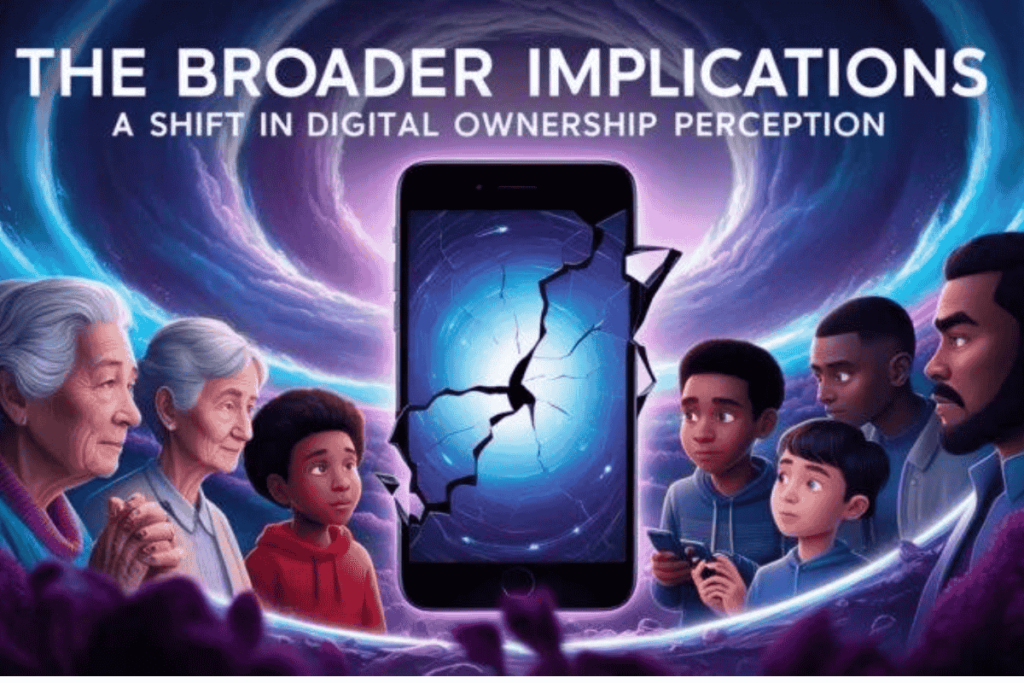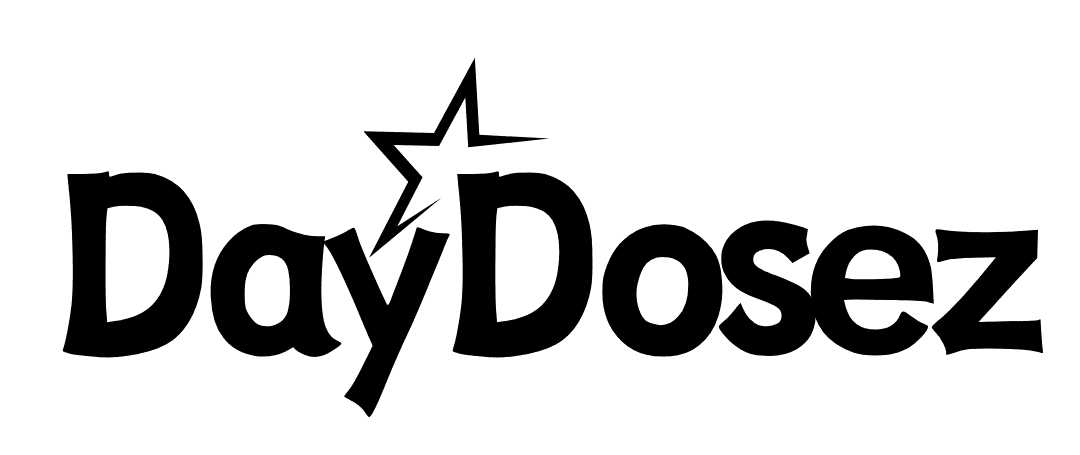Hello beautiful people! Are You Equipped With Full Political Titles to What You Purchase On-Demand in the Digital Sphere? As the market has seen an influx in the use of applications such as streaming, digital downloads, and the rise of e-libraries, most of us have found the idea of buying digital content appealing. Whether it is movies, music, e-books, or video games, we pay cash to assist in downloading or streaming them onto our machines.
This brand new statute that is coming into force in 2024 will compel owners of digital shop fronts to reveal an eye-popping fact: even when you buy digital media, it does not mean you own it in the classical definition of the word. More often, one is covered by the document that allows the person to make use of the media under particular conditions.
Let’s get started!
The Rise of Digital Media and the Illusion of Ownership

In the last 20 years, the transformation of media formats from physical to digital has taken over almost completely. When it is not physically carried, for instance, CDs, DVDs, or even BLU-RAY discs.Nowadays, the majority of individuals prefer to watch movies or listen to music on services like Netflix, Spotify, or Amazon Prime, which provide a vast content catalogue for their users on demand. Similarly, applications like iTunes, Google Play or even Steam enable the users to `buy” a single track, movie or video game.
To the majority of its users, downloading digital media is as simple as buying a CD: You pay, download, or stream your content, and that’s it—you have it for good. On the contrary, it is not straightforward.
Digital Purchases What Are You Actually Buying
When one buys a hard copy of a film or a novel, for instance, this is something tangible that one can place in the palms of one’s hands. It is yours, and in the absence of extreme situations, no one would dare to snatch it away. You can watch the film whenever you wish, lend it out to your friends, or even sell it depending on what you feel best at that time.
On the other hand, if you purchase digital content, this does not mean you are able to acquire the file. Rather, one is paying for access granted to the particular content in accordance with pre-set terms and conditions. These types of licences are usually accompanied by certain limitations that dictate what actions one is able to take with the content. For instance,
There are no digital purchases that can be sold again or even allowed to someone else.
A provision allows the licence owner to terminate a user’s access to the specified content.
In some circumstances, digital content may vanish from a user’s library if the publisher, for instance, loses its right to publish it.
This gap between the consumer’s supposed ownership right and actual licensing terms has bewildered consumers and led to controversies and grievances. The new California law will address this issue.
California's New Law Shedding Light on Digital Ownership
As of 2024, it is anticipated that all digital sellers engaging in trade within California will include mandatory and understandable disclosures to buyers of digital merchandise. These disclosures will explain to users that they are not actually “owning” the content, in the conventional meaning of the term, but are rather buying limited access to it.
The goal of this statute is to enhance clarity and comprehension as well as ensure that the consumers realise any restrictions associated with their purchases of digital items, where applicable. Below are some salient aspects of the new law:
Required Publicity
Digital storefronts shall display a conspicuous notice on product pages stating that all purchases of digital media are not purchases but licences for the media. This means that people will no longer buy any digital content, expecting to own it for good.
Particulars of Licensing Issues
Online and physical stores will have to make information about the licence available, including restrictions such as the duration of access to the content, whether it can be given, sold, or lent to someone, and under what circumstances access will be taken back.
Guarantees of Containing the Refund and the Access
When there is a withdrawal or restricting means in relation to the digital content already purchased, stores will be obliged to provide money-back guarantees or will have to solve the problem satisfactorily in another way, such as making the content available on a different service or suite of services.
The Impact on Consumers
The main aim of the law is to ensure that consumers are well protected by making online businesses more open and accountable. In many cases, this has left and surprised many people that they are unable to access some form of digital content or, even worse, that they cannot resell or transfer the copies that they have legally purchased. This is why California would like to take this measure to prevent such confusion and arguments in the future over such simple issues.
Consumer protection is the question and the challenge to be focused on in this case. I will analyse some aspects of this law and how it will change ways of buying and consuming digital content.
Enhanced Clarity
Consumers will have a clearer picture of what they are purchasing when it comes to buying digital content. This will allow the consumer to feel confident in their choice since they know they are not buying an item forever but rather have a right to access a particular item.
Possible Changes in Pricing
Thus, there are expectations of reforming the pricing strategies in regard to how consumers react to such kind of information. If consumers understand that, in reality, their purchases can be impounded, they may not be willing to pay exorbitant amounts for digital content. This might result in a slump in prices or even the introduction of less rigid priced paying policies, for example, ‘pay once, and access that particular content for a lifetime’ kind of policy.
Safe-Guards for the Consumers
One of the law’s most positive points is the protection it gives consumers. For instance, if you buy an item via a digital avenue but that platform limits your access to the item, you can either be compensated or have the option of that content. Most importantly, it imposes some responsibility that has been absent in the context of the digital economy.
The Broader Implications A Shift in Digital Ownership Perception

The law enacted in California may lead other countries or states to adopt similar or stricter laws. Moreover, the problems that come with digital ownership do not concern only California, and as most people feel that there are boundaries to their digital purchases, it is likely that similar calls for laws will be witnessed in other jurisdictions.
In addition, this law could prompt a much deeper discussion on the nature of “possessing” in our age. Given that most of one’s life, including entertainment and even work, is now virtual, it may require that the understanding of ownership be altered in light of the current digital licensing modes.
The Future of Digital Media
As we probe the future, it is possible that digital outlets may incorporate more adaptive licensing policies in order to cater to customers who demand more control over their purchase decisions. For instance:
- It is plausible that lifetime license may be on the rise, providing indefinite access to a digital purchase regardless of the platform’s current distribution rights status.
- Transferable license allows consumers to share their digital console content with other users by passing it to family or friends.
- Other forms of ownership, like digital items called collectible assets (NFTs), may provide consumers with advanced mechanisms of procuring, vendoring, and exchanging digital content without restrictions.
Conclusion
The new Californian statute signifies a crucial turning point in the changes in digital media. It compels the digital marketplaces to be clear on what digital purchase entails, an aspect that protects the consumers from the dark side of buying goods that they do not understand.
This piece of legislation, however, does not in any way change the original coordinating principle of how digital media goods are bought, sold, and managed, but it IS in the right direction in enhancing consumer protection.
As this legislation comes into force, it is also expected to renew debates on issues related to digital ownership, licensing, and consumers’ rights, given the ever-increasing digital economy. If you are an active user purchasing digital services or just a person intrigued with.
Let us know was this article was helpful for you to know about California’s new law?
FAQ
- What is the new California law about digital media ownership?
This new law will come into effect in 2024 and requires digital retailers to inform buyers that when they buy digital media such as movies, music, and eBooks, they are not buying the content in its totality. Instead, they are purchasing a right to use the contents under certain restrictions, and access to the materials might be withdrawn at any time.
- Are licensing of digital media the same as owning assets in the traditional sense?
In licensing digital media, the user pays for the consumption of the controlled content; that is, the user does not become the owner of such content. This implies that, unlike tangible merchandise such as DVDs and CDs, the owner of the content can refuse the user access to the content or limit the user in some circumstances.
- I already bought a digital copy of a work; can it still be taken back from me?
Yes, under certain circumstances. Most digital media is not owned but rather licensed, allowing it to be removed if a company can no longer distribute it or the service closes; access can also be removed in the event of a change in terms and conditions. The new California law wants consumers to be informed before they make such risky purchases.
- Is the new law limited to California only?
Yet, although the law is directed toward California, its impact could be greater than that. Most of the big digital players are national and may decide to adopt this transparency consideration even beyond the states of California.
- What can consumers do to ensure that they maintain access to their purchased digital media?
Consumers can ensure that they understand the terms of media before purchasing and know that what they are considering buying is often just a license rather than full ownership. They can also back up some types of content where suitable (e.g., eBooks) and opt to use platforms that do not impose a locking system on non-core content.





